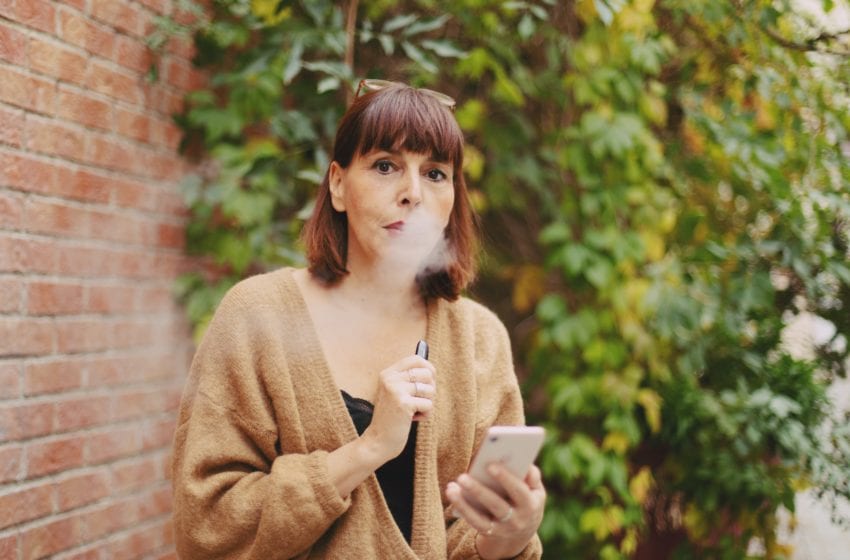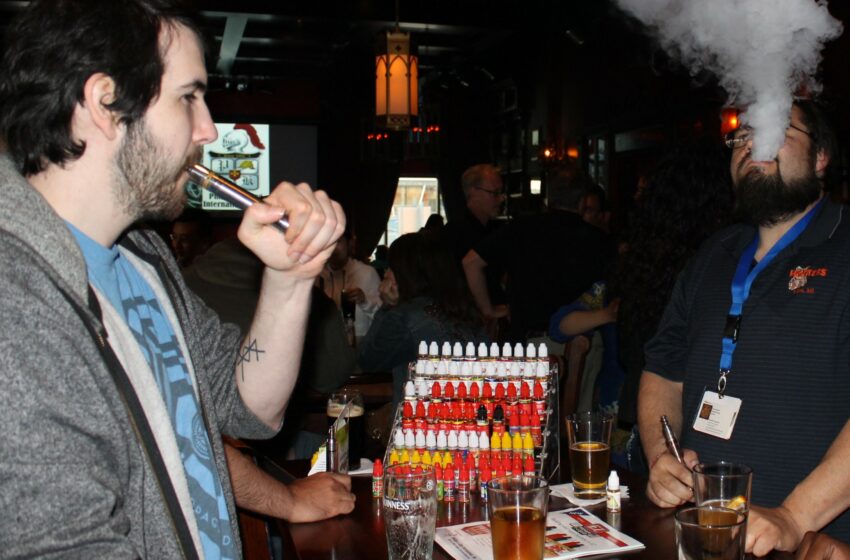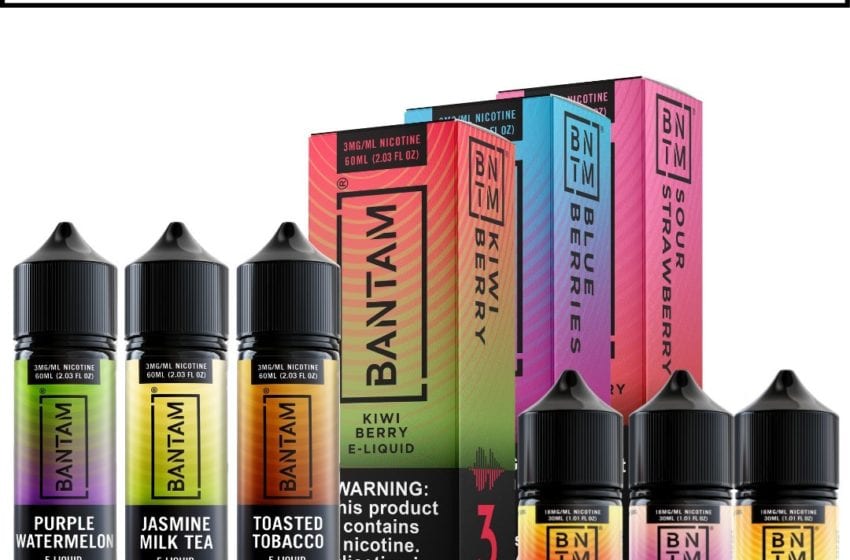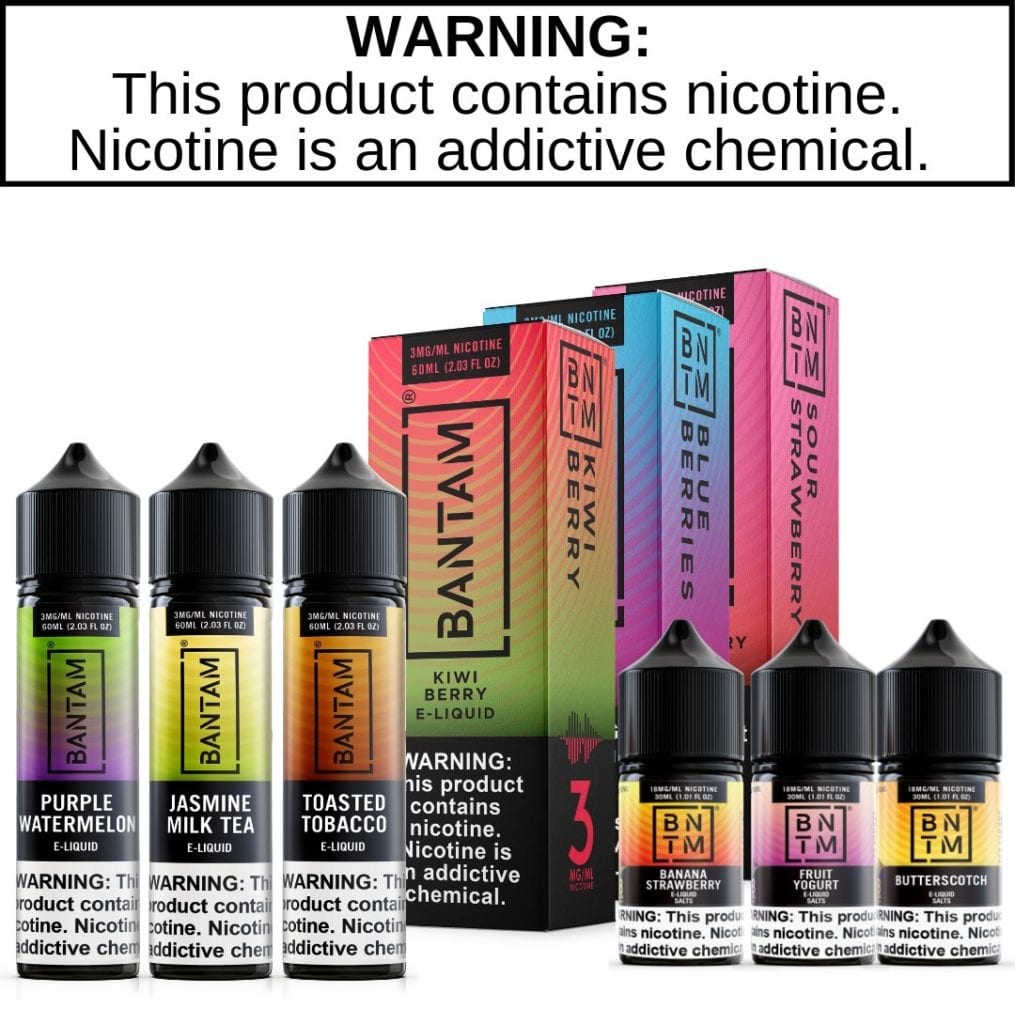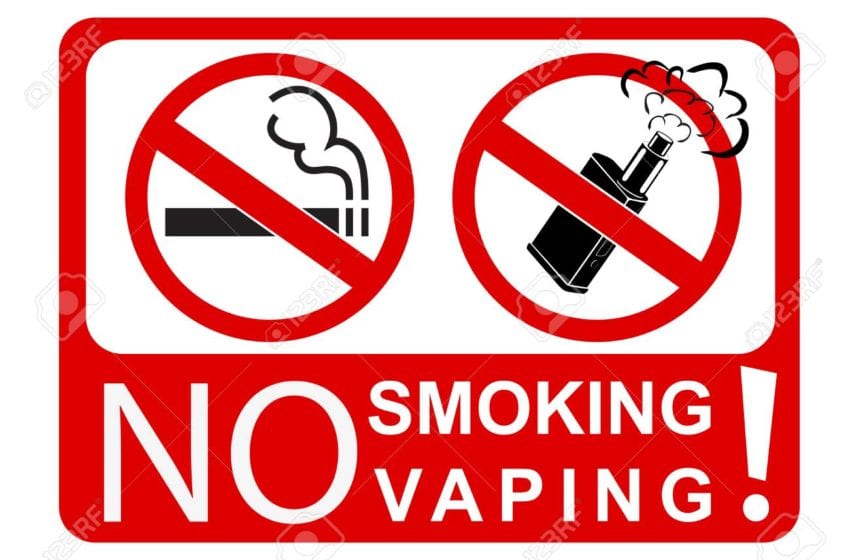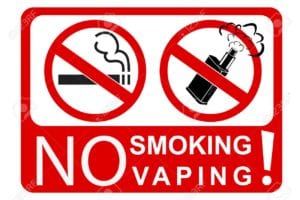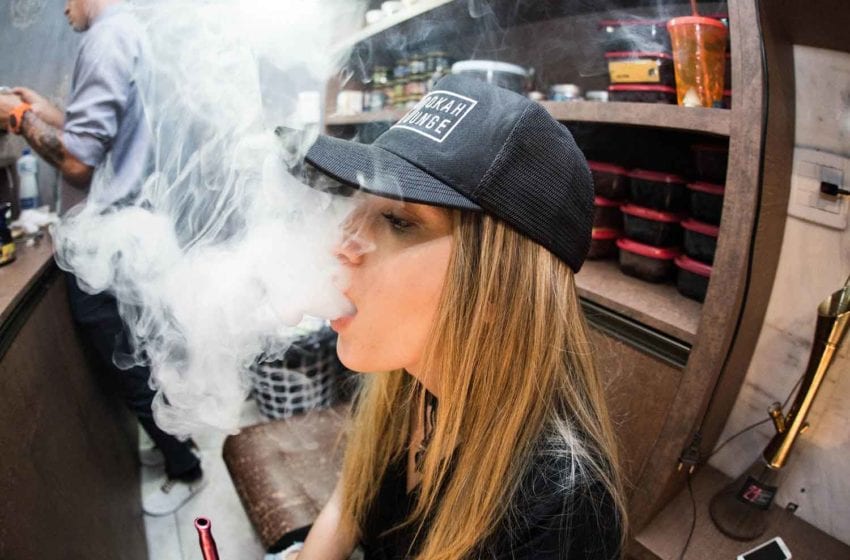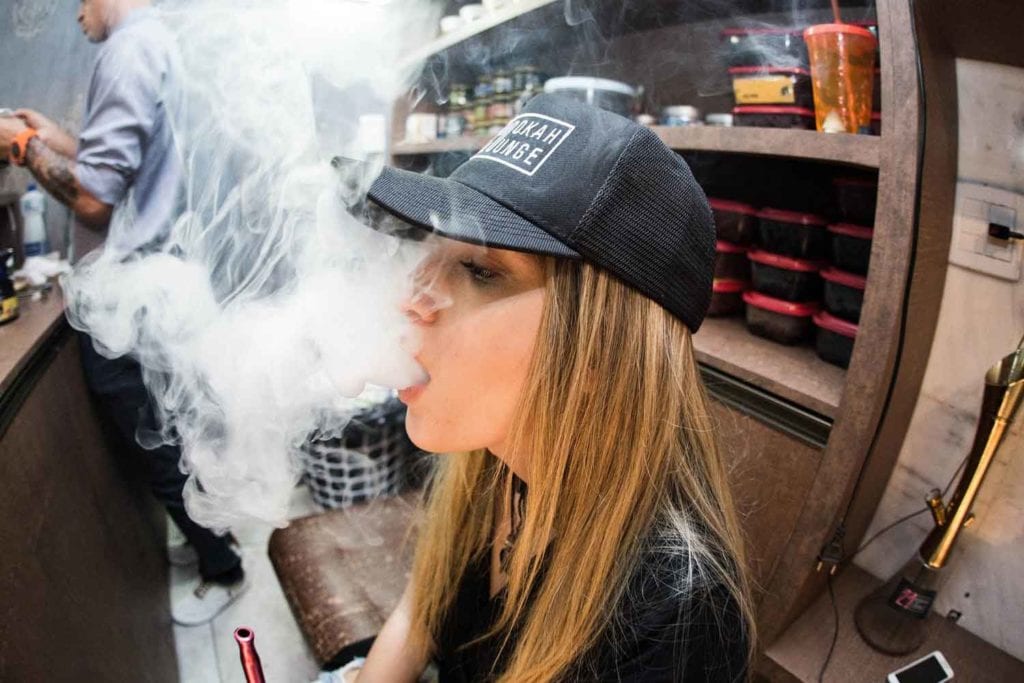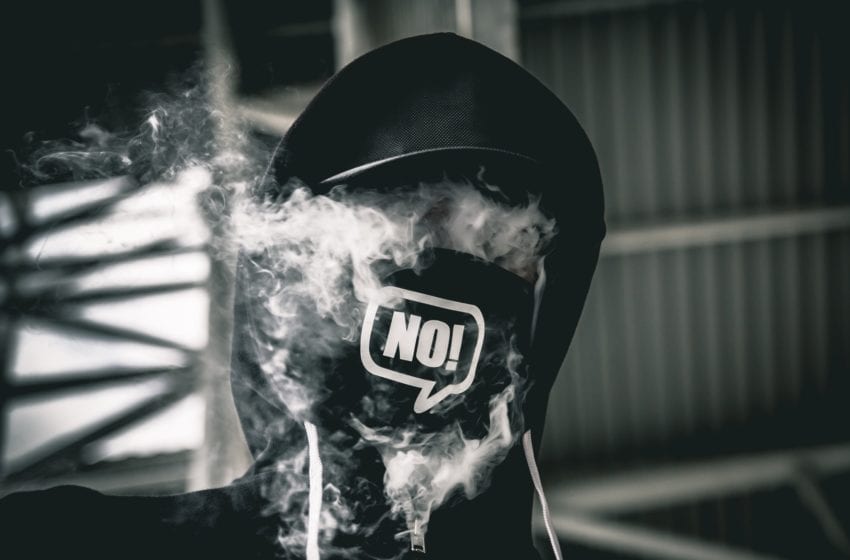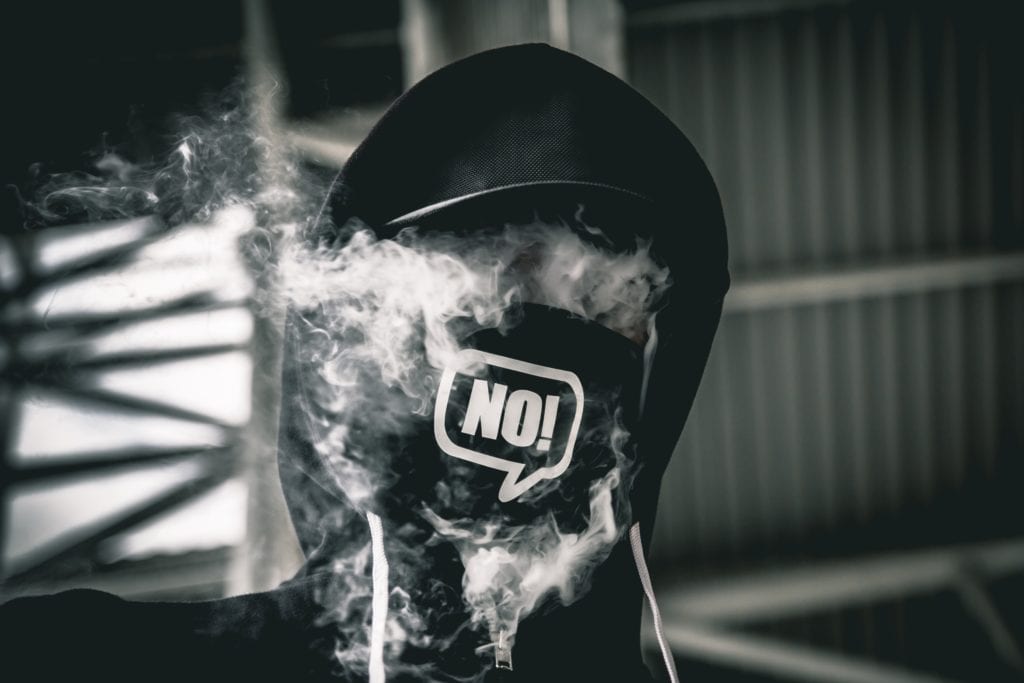After a 6-3 vote from its city council on Tuesday, Loveland, Colorado is on track to ban flavored vaping and other more traditional tobacco products, including e-juices, dip and smoking tobacco. Flavored marijuana vapes will not be subject to the ordinance, if passed.

While councilors Steve Olson, Dave Clark and Don Overcash voted “no,” calling the ban arbitrary and unfair to law-abiding businesses, supporters said restricting flavors was necessary to keep more children from getting addicted to nicotine, according to a story in the Loveland Herald-Reporter.
“I wrestled with this so much because I care about the businesses that will be affected, but I feel like the tobacco industry played a mean game here, and they’re hurting our kids,” councilor Kathi Wright said.
Tuesday night’s vote ended more than a year of debate on how best to curb a local spike in youth vaping, which was reflected in the number of citations issued for underage tobacco possession until the Thompson School District switched to remote learning earlier this year.
Last week, the council heard multiple hours of public comment on the issue. Speakers agreed on the need for more regulation to keep tobacco products out of the hands of children though some disagreed on implementation.
Council members were presented on Tuesday with five versions of an ordinance introducing various restrictions on the sale of tobacco and vaping products. Alternatives would have excluded menthol-flavored products from the flavor ban, introduced other age restrictions while leaving flavors alone or limited the sale of tobacco or vaping products to age-restricted stores.
Overcash said he would not support the flavor ban, and suggested supporters were only voting in favor only because they personally disliked vaping and smoking.
“What other products are we going to decide for whatever reasons are going to be allowed in our community or not?,” he said. “I have a problem when we mandate things because we don’t like something.”
Molloy and Overcash sparred briefly when Molloy started laughing during Overcash’s statements.
“No, councilor Molloy, I’m serious,” Overcash said. “You let me know what product you’d like to take off the market next, and I’ll champion that for you.”
“Medical marijuana,” Molloy replied.
Other parts of the ordinance introducing the ban would:
- Reaffirm that the legal minimum age to purchase tobacco products is 21.
- Introduce a licensing structure.
- Set licensees back from schools and other “youth-populated areas.”
- Prohibit self-service.
The ban will return for a second vote on Dec. 1. If it is approved, the ordinance will go into effect on Jan. 1, 2021.

